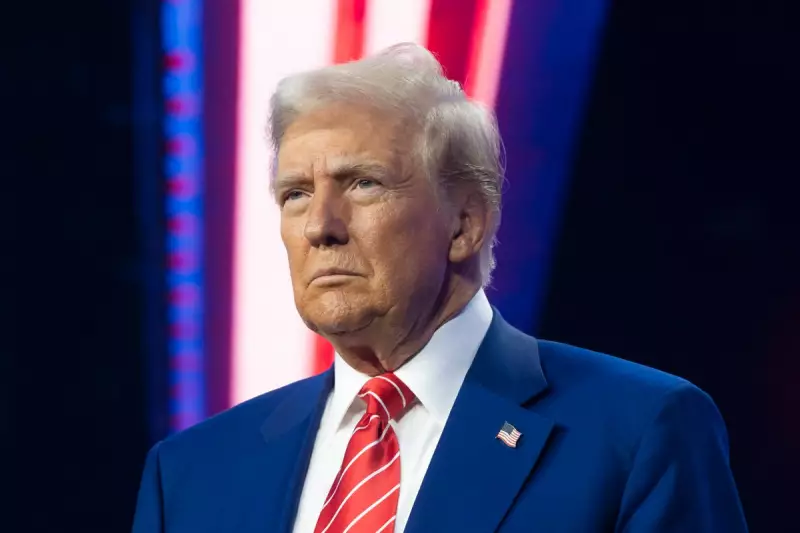
In a striking revelation that exposes the complex relationship between corporate America and immigration policy, Tesla under Elon Musk's leadership aggressively pursued H-1B visas for Indian tech workers during Donald Trump's administration—despite the former president's very public crackdown on foreign worker programmes.
The Corporate Contradiction
While Donald Trump campaigned on his "America First" agenda and repeatedly vowed to protect American jobs from foreign competition, newly uncovered data shows Tesla filed numerous petitions for H-1B visas specifically targeting Indian talent. This occurred during the same period when the Trump administration was implementing sweeping restrictions on work visas, claiming they undermined US workers.
Trump's Visa Crackdown
The Trump administration significantly tightened H-1B visa regulations, arguing that companies were using the programme to replace American employees with cheaper foreign labour. In June 2020, Trump issued an executive order temporarily suspending several work visa categories, including the H-1B, stating: "We need to ensure that our economy opens up in a way that prioritises American workers."
Tesla's Strategic Hiring
Despite this political climate, Tesla pursued H-1B visas primarily for engineering and tech roles, with Indian nationals representing a substantial portion of their sponsored workers. The electric vehicle company sought foreign talent for positions including:
- Software development and engineering
- Advanced manufacturing specialists
- Battery technology researchers
- Artificial intelligence and automation experts
The Broader Tech Industry Pattern
Tesla's approach reflects a wider pattern in the technology sector, where companies frequently advocate for stricter immigration policies publicly while simultaneously leveraging visa programmes to access global talent. Many tech giants have historically relied on H-1B visas to fill specialised roles, particularly in STEM fields where companies claim there are shortages of qualified American workers.
Political and Policy Implications
The discrepancy between political rhetoric and corporate practice highlights the ongoing tension in US immigration policy. While politicians campaign on protecting American jobs, businesses continue to argue that access to global talent is essential for maintaining competitiveness in cutting-edge industries.
This revelation comes as immigration remains a hot-button issue in American politics, with ongoing debates about how to balance protection of domestic workers with the needs of industries requiring specialised skills not always readily available in the local labour market.
The situation demonstrates how even companies led by high-profile figures who have supported Trump's policies have continued to navigate the very immigration systems those policies sought to restrict.





